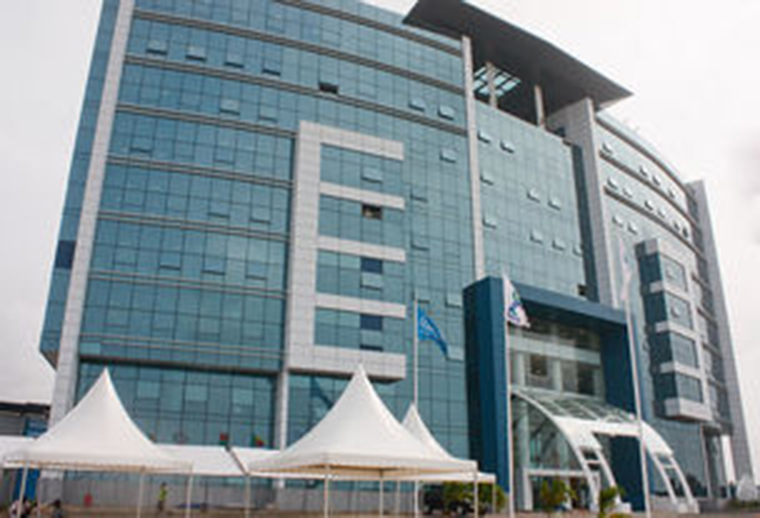Published: October 3, 2014
South African bank responds to aggressive stake-building by Qatari bank.
Nedbank, Africa’s fourth-largest bank by assets, has taken a 20% stake in pan-African banking group Ecobank for US$493.4mn. The bank took advantage of its option to convert US$285mn of debt into an 11% equity share, and bought additional shares at market rate to make up the remainder.
The move comes two weeks after Qatar National Bank (QNB) quickly built up a 23.5% stake in Ecobank. In the first week of September it acquired a 12.5% holding for US$220mn from Nigeria’s Asset Management Corporation (AMCON), set up in 2007 to deal with the banking sector’s bad loans (AMCON held the stake because Ecobank had acquired Oceanic Bank, a bailed-out Nigerian firm, in 2011). QNB then acquired a further 11% for US$283mn two weeks later. Nedbank’s acquisition dilutes QNB’s holding to around 19%.
Nedbank has had a strategic alliance with Ecobank since 2008 which has allowed it to expand beyond its South African heartland and keep pace with its three larger domestic rivals – Standard Bank, Absa and FirstRand. The speed at which QNB has accumulated its stake, and its stated ambition to be a “MEA (Middle East and Africa) icon” by 2017, has been perceived by some as a direct challenge to Nedbank and a sign that a full takeover attempt is on the way.
“We only see QNB’s stake in Ecobank as a first step, as we believe QNB has ample capital to go after the full acquisition of Ecobank,” wrote Jaap Meijer, head of financials research at Arqaam Capital, a Dubai-based emerging markets investment bank, in an early September research note.
Ecobank’s head of communications Richard Uku, speaking to EMEA Finance last month, refuted any suggestion that a boardroom battle was about to commence.
“The [QNB] move was made on the assumption that Nedbank would be converting a loan that was extended to Ecobank back in 2011,” he said: “Nedbank, if and when it converts, will also be a strong investor in our capital base. This will enable us to consolidate our position as an African bank.”
He also countered fears that the growing role of QNB would alter the fundamentally African character of the bank and cause it to stray from its core goal of encouraging financial integration on the continent.
“The bottom line is important but we are a banking institution in a continent where there are huge developmental needs. And one of the ways we see ourselves contributing is to help better financial integration. None of this will stop us from pursuing that objective.”


